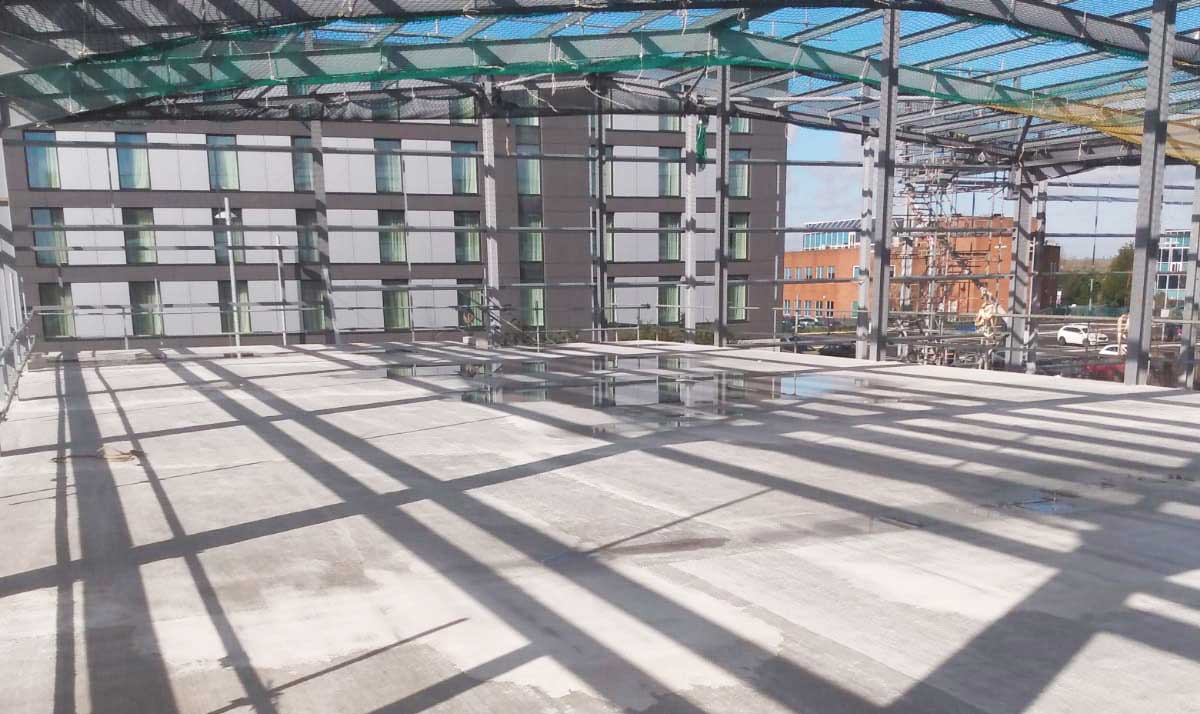Exploring the Uses and Advantages of Recycled Composites in Modern Industries
The combinations of recycled materials with innovative composite technologies presents an encouraging avenue for enhancing sustainability, resilience, and cost-efficiency throughout various industries. As industries seek innovative remedies to attend to environmental worries and enhance operational efficiencies, the incorporation of recycled composites emerges as a compelling option.
Ecological Advantages of Recycled Composites
The usage of recycled compounds in modern markets provides considerable ecological advantages, adding to the reduction of waste and the preservation of all-natural sources. By integrating recycled composites into producing procedures, industries can decrease their dependence on virgin products, consequently reducing the quantity of waste produced and the energy needed for removal and manufacturing. This change towards making use of recycled compounds helps in diverting materials from landfills, reducing the worry on waste monitoring systems, and reducing greenhouse gas emissions connected with conventional manufacturing methods.
Additionally, making use of recycled compounds promotes the preservation of natural deposits such as lumber, minerals, and water, which are typically depleted through the extraction and processing of raw materials (composites). By extending the life-span of materials via recycling, industries can aid maintain ecological communities and biodiversity by lowering the need for brand-new resources. In general, the adoption of recycled compounds in modern markets plays an important role in advertising sustainability and alleviating the ecological influence of production processes
Improved Resilience in Item Manufacturing
With a focus on long life and effectiveness, including recycled composites right into product production procedures boosts resilience and sustainability. By using recycled composites, makers can develop items that are not only strong yet also immune to tear and wear, making them suitable for long-term use in different industries. The mix of different products in recycled compounds can usually result in boosted strength and toughness compared to traditional products, supplying a cost-efficient service for creating lasting items.
Among the key advantages of making use of recycled composites in item production is the capacity to tailor the material residential or commercial properties to meet particular longevity needs. By changing the structure and production strategies, producers can tailor the recycled composites to withstand severe environmental problems, heavy lots, or regular use without jeopardizing on performance. This versatility in style and manufacturing allows for the production of extremely long lasting items that preserve their honesty gradually, decreasing the demand for regular replacements and eventually adding to an extra sustainable manufacturing procedure.
Cost-Effectiveness and Financial Benefits
Including recycled compounds right into item production not only boosts longevity and sustainability but likewise uses considerable cost-effectiveness and financial benefits. Making use of recycled composites can lead to decreased product prices as recycled materials are frequently less costly than virgin materials. In addition, recycling composite products can lower garbage disposal expenditures and decrease the need for garbage dump space, adding to general price savings for industries.

Innovation and Style Adaptability With Recycled Composites
Using recycled compounds in modern-day sectors offers unequaled chances for development and layout versatility. By incorporating recycled products into composite production procedures, firms can push the boundaries of typical style restraints and explore new possibilities. The flexibility of recycled compounds permits for the development of intricate shapes and frameworks that may not be attainable with conventional products.
Among the vital benefits of recycled composites is their capability to be formed right into numerous forms, providing designers the liberty to explore one-of-a-kind shapes and sizes. composites. This adaptability opens up a world of innovative chances, making it possible for the development of lightweight yet durable products that fulfill the certain needs of different markets
Moreover, using recycled compounds advertises lasting techniques and supports the circular economic situation by minimizing waste and lessening the environmental effect of producing processes. This concentrate on eco-friendly style options lines up with the expanding trend towards sustainability in contemporary markets, making recycled compounds a useful resource for forward-thinking and cutting-edge firms.
Applications Throughout Various Industries
Recycled composites discover impactful and diverse applications throughout a vast array of markets due to their distinct residential or commercial properties and sustainability advantages. In the auto sector, these products are increasingly used for producing durable and light-weight components, enhancing fuel performance and lowering carbon exhausts. The aerospace industry take advantage of recycled compounds in the manufacturing of airplane components, where the products' strength-to-weight proportion is critical for making sure security and performance. In building, useful reference these composites are utilized for producing strong yet eco-friendly building products, adding to lasting facilities advancement. The renewable resource market uses recycled compounds in wind turbine blades and solar panels, using their toughness and resistance to severe environmental conditions. Furthermore, the marine industry uses these materials for making boat hulls and components, offering boosted toughness and corrosion resistance. The flexibility and sustainability of recycled compounds make them beneficial across different markets, driving advancement and ecological stewardship. composites.
Final Thought
In verdict, the utilization of recycled composites in modern-day industries offers substantial ecological advantages, boosted resilience in item manufacturing, cost-effectiveness, and economic benefits. useful reference The usage of recycled composites permits for development and design flexibility across various markets. Generally, the fostering of recycled compounds provides a sustainable and functional service for satisfying the demands of the industry while likewise minimizing ecological effect.

One of the crucial benefits of making use of recycled composites in product manufacturing is the capability to customize the material residential or commercial properties to satisfy details durability demands. Utilizing recycled compounds can lead to minimized material expenses as recycled products are often much less expensive than virgin products. The aerospace industry advantages from recycled compounds in the production of airplane components, where the products' strength-to-weight ratio is crucial for guaranteeing safety and performance.